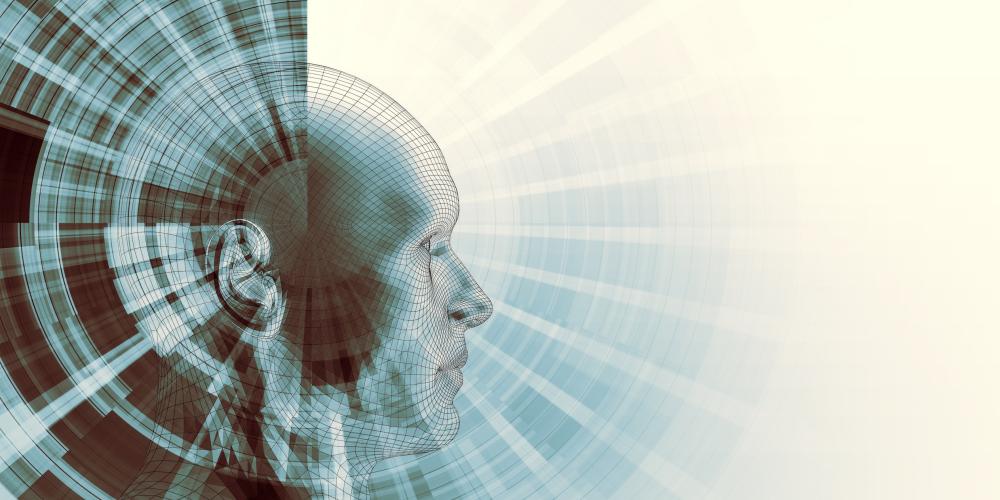
The AI Lab at the VUB is 40 years old. The Brussels university has been at the forefront of the field all this time. In the revolutionary decades of the 1980s and 1990s, complex natural phenomena were seen as self-organising dynamic systems, leading to an emerging science of complex systems and the necessity of computers. How are tornadoes constructed, can you predict what a river will do when there is more water? How are ant colonies, chemical oscillations, zebra hide patterns and other systems orchestrated? The study of those highly complex systems has become an integral part of the AI approach.
“For many people, AI seems to be a mysterious machine that will gradually regulate its own actions,” says professor of maths Ann Dooms. “To put those fears at rest, you have to go back to the heart of the matter: AI is an ode to nature in the language of mathematics.”
“AI isn’t only technology. It’s also a science that explores fundamental questions about the human mind and how groups of people work together, supported by information systems,” says VUB professor and AI pioneer Luc Steels.”
Ann Nowé, head of the AI Lab, says: “In the AI research world, we talk about summers and winters, but now we’re experiencing a real heatwave. Fortunately, we can call on 40 years of experience to steer governments, the business community and citizens through this hype.”